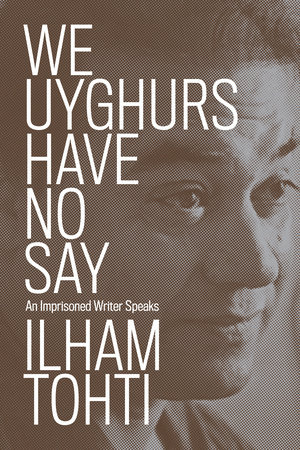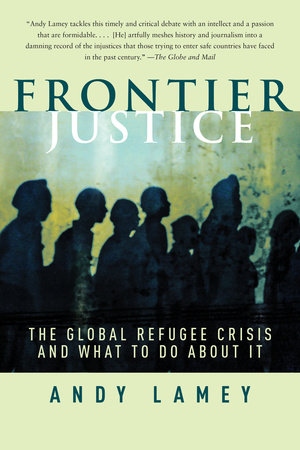

We Uyghurs Have No Say
By Ilham Tohti
Translated by Yaxue Cao, Cindy Carter and Matthew Robertson
By Ilham Tohti
Translated by Yaxue Cao, Cindy Carter and Matthew Robertson
By Ilham Tohti
Translated by Yaxue Cao, Cindy Carter and Matthew Robertson
By Ilham Tohti
Translated by Yaxue Cao, Cindy Carter and Matthew Robertson
Category: Domestic Politics | World Politics | Asian World History
Category: Domestic Politics | World Politics | Asian World History

-
$24.95
Mar 15, 2022 | ISBN 9781839764042
-
Mar 15, 2022 | ISBN 9781839764066
YOU MAY ALSO LIKE
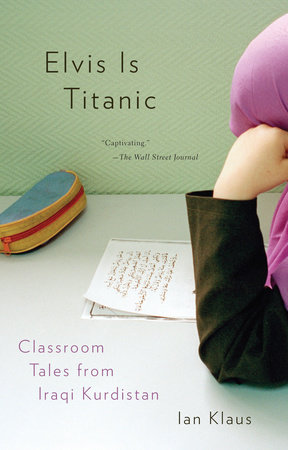
Elvis Is Titanic
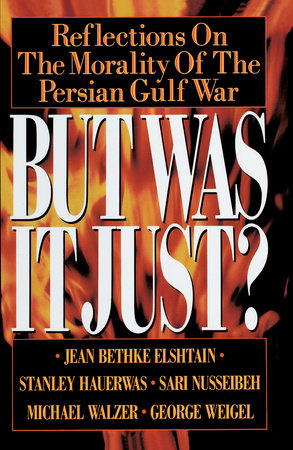
But Was It Just?
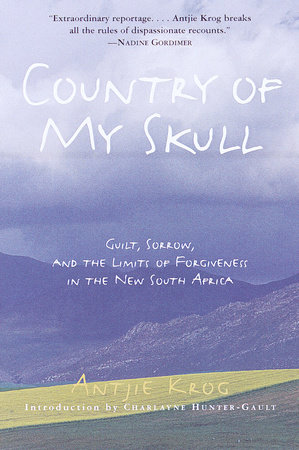
Country of My Skull
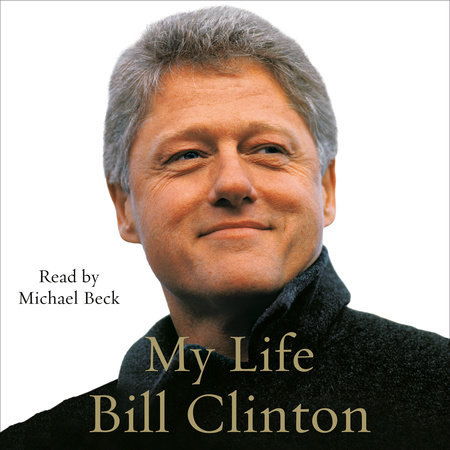
My Life (Part A)
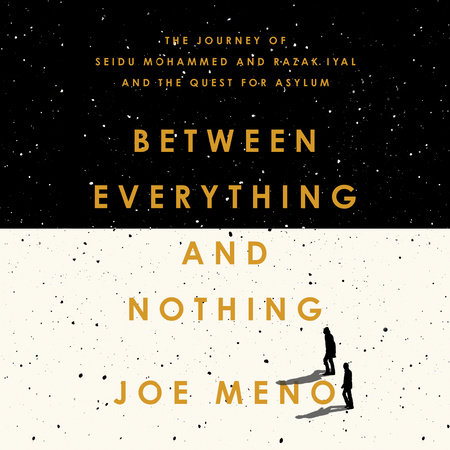
Between Everything and Nothing
Praise
“Ilham Tohti is the world’s foremost expert on Uyghurs and Chinese policy in Xinjiang, and we are extremely fortunate to have the first collection of his writings and interviews in English. These texts provide a politically illuminating introduction to the many dimensions of Uyghur oppression. This is an absolute must-read for anyone trying to understand the origins of one of the 21st century’s great human catastrophes.”
– Eli Friedman, Cornell University, author of The Urbanization of People: The Politics of Development, Labor Markets, and Schooling in the Chinese City
“Ilham Tohti should be read not only as a tragic victim of state violence, but as a primary source for understanding the underlying conditions at the heart of the Xinjiang emergency. With the skill of a diplomat balancing on the knife-edge of a capricious state, We Uyghurs Have No Say calls all people of conscience to stand in opposition to Islamophobia and against an emergent settler colonialism at a frontier of our shared global economy.”
– Darren Byler, Simon Fraser University, author of Terror Capitalism: Uyghur Dispossession and Masculinity in a Chinese City
“Largely culled from sometimes ephemeral web resources, translated elegantly, and with a highly useful introduction, in these pieces one hears a voice at once familiar and strikingly original. Tohti’s writings remind us of the moral courage of prison writers like Nelson Mandela, Walid Daqqa, Khalida Jarrar, and Leonard Peltier. Although centered on the case of the Uyghur, Tohti’s scope broadens to a critique of ethnonationalism, ethnic cleansing, and the erasure of indigenous peoples worldwide.”
– David Palumbo-Liu, Stanford University, author of Speaking Out of Place: Getting Our Political Voice Back
“As Tohti wrote before his sentencing, the reason his people’s arduous history must be known and proliferated is because of the hope it and his life’s work evinces.”
—Kevin Lozano, Vulture
“Through his writings, Tohti tries to give the Uyghurs a voice. It is a tragic story that speaks volumes about the UK’s current retreat from international law.”
—Helena Kennedy, Guardian
“An indispensable firsthand description of the Uyghurs’ desperate plight.”
—Jeremy Ray Jewell, Arts Fuse
“We Uyghurs Have No Say provides a comprehensive analysis of how Uyghurs came to be a subjugated group within China, as well as strategies for remedying the situation through interethnic dialogue and policy reform … At times, [Tohti’s] writing reads more like one friend’s sober advice to another, possessing a ‘for your own good’ quality while still bearing the mark of lived experience.”
—New York Magazine
“[The] demand for autonomy and dignity within the Chinese state—stubbornly expressed and quietly eloquent—is voiced often in We Uyghurs Have No Say, a slim volume of Mr. Tohti’s essays, speeches, open letters and interviews.”
—Wall Street Journal
“[We Uyghurs Have No Say] expands on [Tohti’s] work unpacking China’s treatment of Uyghurs and how the consequences of the country’s promotion of Han ethno-nationalism.”
—Time
“In 2014, [Tohti] was arrested and given a life sentence on the charge of ‘separatism.’ This selection of his writings shows what this separatism consisted of: bracingly honest analyses of the racism, discrimination, marginalization, and coercive policies that shape Beijing’s treatment of the country’s 55 recognized ‘national minorities’; nuanced analyses of the social tensions between Uyghurs and Han Chinese; and thoughtful recommendations for how to realize the promises of equal citizenship and minority cultural self-rule laid out in the Chinese constitution and the Regional Ethnic Autonomy Law. “
—Andrew J. Nathan, Foreign Affairs
21 Books You’ve Been Meaning to Read
Just for joining you’ll get personalized recommendations on your dashboard daily and features only for members.
Find Out More Join Now Sign In








